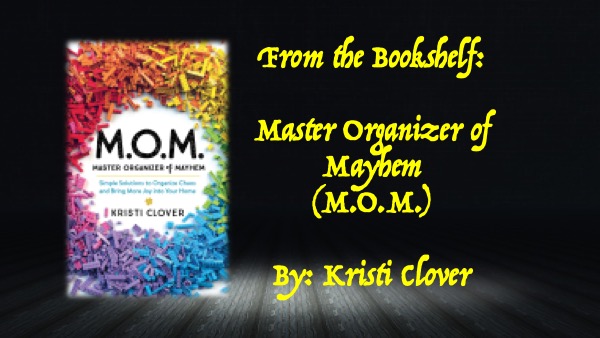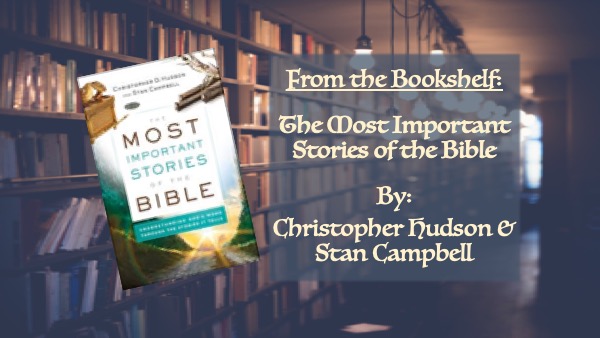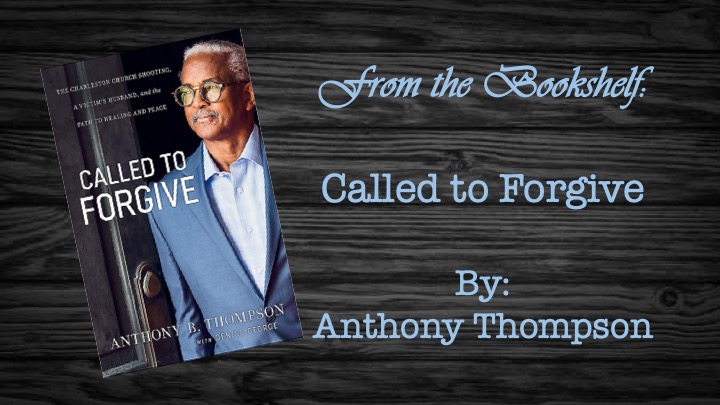While hardly able to keep up with the changes, recent years is starting to see the results of some of the first studies about technology’s impact since the beginning of the internet era. There has been some concern about the effects if technology is not tempered with wise living and the research is suggesting those concerns are warranted. Seeking to address those concerns from a Christian worldview, David Kinnaman and Mark Matlock have collaborated to release, Faith for Exiles: 5 Ways for a New Generation to Follow Jesus in Digital Babylon.
David Kinnamane is the principal stakeholder at Barna Group while Mark Matlock is the founder of Wisdom Works Ministries. Sifting through vast amounts of research available over the course of many years from Barna Group, they conclude that “Young non-Christians are avoiding Christianity, and young Christians are abandoning church; however by cultivating five practices we can form and be formed into disciples of Jesus who thrive as exiles in digital Babylon.” Dividing people into prodigals (ex-Christians), nomads (lapsed Christians), habitual churchgoers, and resilient disciples, the authors compare and contrast habits, experiences, and expectations of each group in hopes of learning more about what Christians can do be impacted and impact others.
To be quite honest, any time I see a phrase similar to 5 (or insert whatever number you wish) steps to a better Christian life or some variation, I am skeptical. I am not opposed to generating lists of practical attributes and actions of Christians, but to reduce the Christian life to simple steps is a overly reductionistic and minimizes the work of God in an individual’s life.
With that bias noted, a turn through the book shows the author’s intentions. Noting the impact technology is having on the global society, the authors stipulate that Christians are exiles living in the midst of a digital Babylon. Therefore, if behavior is not changed in this generation, they suggest that more from the next generation will fall away from the faith. As a result, they assert the following five principles are necessary to work against five concern:
- To form a resilient identity, experience intimacy with Jesus.
- In a complex and anxious age, develop the muscles of cultural discernment.
- When isolation and mistrust are the norm, forge meaningful, intergenerational relationships.
- To ground and motivate an ambitious generation, train for vocational discipleship.
- Curb entitlement and self-centered tendencies by engaging in countercultural mission.
These five points are a summation of common characteristics found in their research.
The amount of research available in this book is extensive and something very appreciated. It is noteworthy that we can have access to some of the information that they present. While they cite much research throughout the book, the back matter includes a lot of the fuller results giving a greater perspective for readers. Their conclusions from this research, that basically the church is lacking in discipleship, is a personal concern of mine for quite some time and to see the research verify this is personally appreciated. Therefore, the observations made (such as how technology allows people to rebrand themselves and that our technology is outdistancing our theology) are complex and need to be wrestled within a Christian framework.
As a result, their identification of the issues facing Christians is incredibly profound, but their solutions (for the most part) lack great depth. Most of their suggestions are simply activities and attitudes of a biblical church as demonstrated in Scripture. This combines with two other concerns. First, the authors at times are very borderline mystical. It could simply be the result of their word usage, which points to a greater issue in the book. Their word usage can frequently obscure their points at readers have to wrestle with what the authors are ‘really’ trying to say. The second concern is the confusion that seems to occur between conversion and discipleship. At one point, the authors assert that in the past disciples could be mass-produced at events like crusades. Regardless of one’s view on crusades, altar calls, etc. it should be agreed that decisionism is not discipleship. Interestingly, the book seems to advocate a deeper and more biblical approach to discipleship, so the initial comingling does not seem to match what the authors believe.
Upon reading this book, I am left with this thought: I am uncertain about where I fall on this book. There are some legitimate concerns. Yet, from a research and analysis aspect, there are areas noted by the authors that Christians should be dealing with. However, there are some areas that personally I am still unsettled by. Some wise counsel is to reserve immediate judgment on a book until one has had time to let everything settle beyond initial reactions and that is what I need to do in this case.
To learn more about this book, click here. If you are interested in more of this area, click the following books which may be helpful and provide some insight:
- 12 Ways Your Phone Is Changing You by Tony Reinke
- The Tech-Wise Family by Andy Crouch
- The Revenge of Analog by David Sax (secular book)
Disclaimer: I received a copy of this book from the publisher at no cost to me for the purposes of review. However, my review was not influenced by the author, publisher, or anyone else associated with this book and is the result of my own reading of it.









